detail profile catalina ward
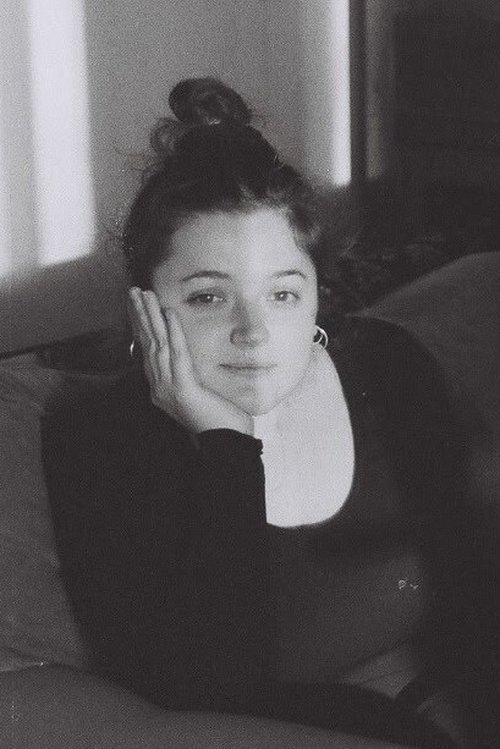
Info Pribadi
Peran Yang Di Mainkan Catalina Ward
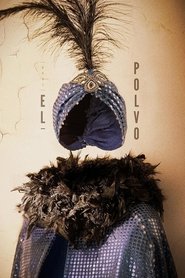 Dismantling the home of some who...
Dismantling the home of some who...Dust 2023
Dismantling the home of some who is no longer here is an act of love, of memory, of mourning. July passed away recently; the camera moves around her apartment and is placed on a series of objects that act as keys to open the door to her intimacy. The voices of those who have loved her guide us while they try to prolong the farewell. In the memories they evoke, to some people July is still Julio, and those names and pronouns that blend reveal the difficulties of embracing one’s identity as a trans woman. During the journey, July’s figure is slowly brought to life, as in an invocation, called on through words, but mainly through her spaces, her things, her photographs, her wigs, her clothes, her favorite music. And a biography is weaved together, one which, like that mirror that still hangs on her wall, reflects the history of an entire community.
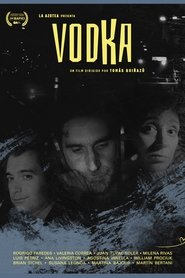 Manuel Jimnez receives some clandestine wiretappings...
Manuel Jimnez receives some clandestine wiretappings...Vodka 2023
Manuel Jiménez receives some clandestine wiretappings that he has to transcribe. Because of this, and almost without wanting to, he enters a kaleidoscopic plot that involves a group of people at a party, their later walkabouts around the city at night, and their relationship with the secrets hidden inside Vodka’s diary.
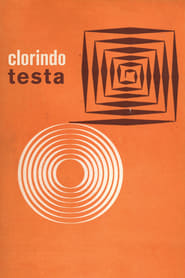 Is this film about Clorindo Testa...
Is this film about Clorindo Testa...Clorindo Testa 2022
Is this film about Clorindo Testa or not? Is it about the life of the director, about the life of his father, about the life of his country, or is it just one of those biographical films that proliferate at film festivals in which the narrator spends his time recounting family anecdotes and pulling old photos out of a box? This small, microscopic adventure, whose subtitle, stolen from the Savoyard Xavier de Maistre, could well be Voyage autour de mon père, navigates between these threats and others even worse.
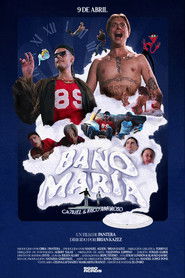 This Movie follows Ca7riel Paco...
This Movie follows Ca7riel Paco...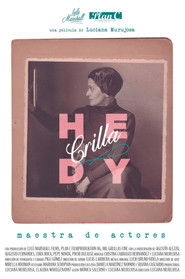
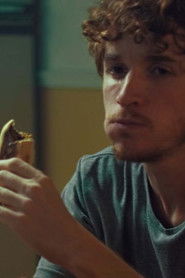
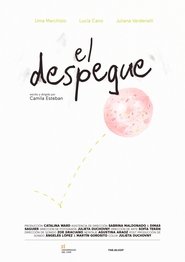 Ma and her mother start a...
Ma and her mother start a...